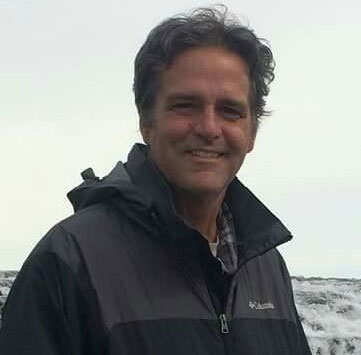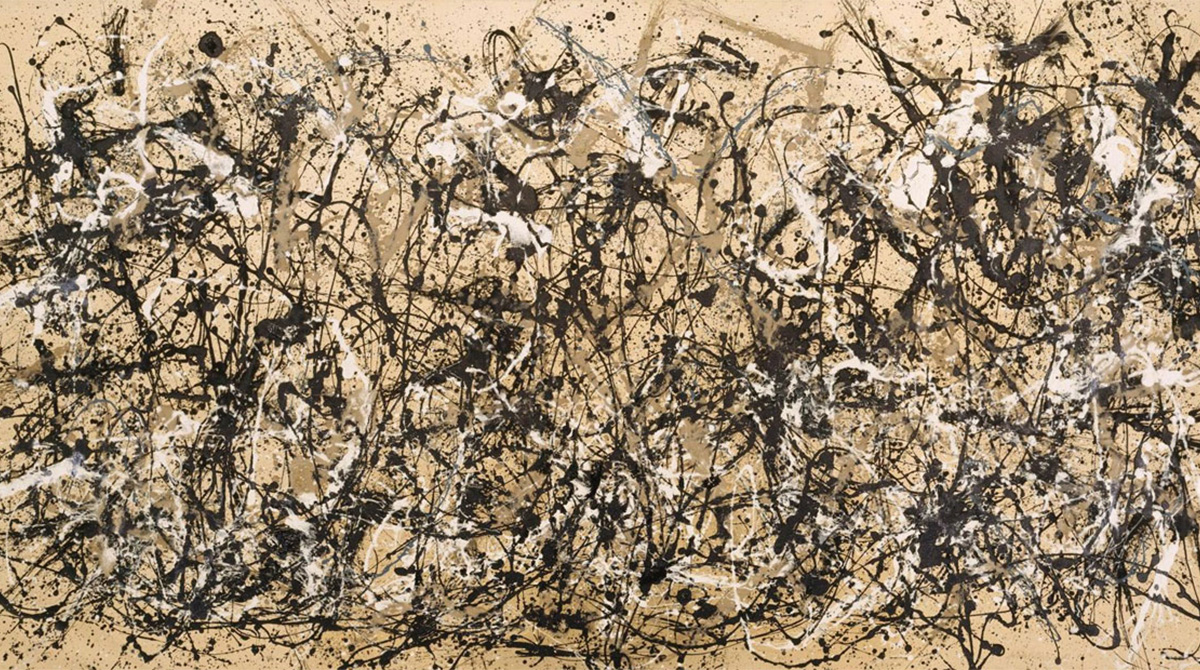Routinely Creative
I seem to be moving from erratic to consistent in so many ways—how and when I drive, how and when I eat, how and when I prepare for my classes and grade essays, how and when I hang out with my wife. I suppose it was inevitable. After all, doesn’t this happen to everyone as they age? I remember when my parents had dinner at the same time every day, and watched the same TV shows in the same evening at the same time—I thought it was incredibly boring.
So now I guess I’m incredibly boring.
Guess what? I don’t care. I like it.
I suppose I’m learning what others have known all along: routine doesn’t have to be a bad thing. It can be quite comforting. And—here’s my point as it pertains to writing—it can be paradoxically liberating for my creative life.
My wife insists that when the house is clean, she’s happier. She is more focused on her work and can garner more enjoyment from her leisure time. Similarly, when my days are neatly organized, I am more excited about, and more focused on, the tasks, chores, or meals before me.
Especially my writing.
I have always been a sporadic writer, and it has worked just fine. I can write anywhere, in bursts and with focus: at the airport and on the airplane (especially on the airplane—that’s two to four hours of uninterrupted focus, with the added benefit of my “writing face” pre-emptively staving off small talk from the potentially chatty people sitting next to me); in between meetings; in between classes; at the coffee shop; in bed; in my “writing studio” (the greenhouse in our back yard that Cynthia fixed up for me); at the kitchen table; or with a writing buddy, either on line or in person; or (right now, as I write this) in the “fun room” or our house, with my dog staring at me because it’s time for her dinner and she is wondering how on earth I could have forgotten about that.
But to be honest, it’s worked only “just fine.” It hasn’t worked well.
I’ve been busy, as a full professor teaching a full load of courses and first co-founding, then co-directing, an MFA in Creative Writing. Considering that, I’ve done pretty well, publishing over a dozen stories and a debut novel. But last year, when I learned I had been awarded a Fulbright to the Czech Republic, and knew I would be teaching only two courses in Prague, only one day a week, and knew that part of my Fulbright project was to write a new book, I thought, Here’s my chance. My chance to establish what the writers I admire have: a routine.
So in early January, I worked my way into the routine: writing every morning, prepping for classes in the afternoon. And when I went to Prague four weeks later, I launched into the routine right away, joyously in fact—first at a local coffee shop, but mostly in my apartment. And I wrote like crazy. Or rather, revised. In seven weeks I completed a novel I’d been working on for years. And when my wife joined me in early March, she slipped right into the routine with me, doing her work in the morning as I wrote, both of us free for an excursion in the afternoon.
Then, when we were sent home because of the pandemic, I spent the bulk of our eighteen hours of travel final-editing the manuscript, and then, as soon as we got home, instead of wallowing over our circumstances (I was really happy in Prague), I picked up the routine again, without missing a beat. I woke up, ate breakfast, and then worked on my writing. And immediately after submitting the final version of my manuscript to my agent, I started a new book: a novella set in Prague.
The result of this new routine? I am much more productive, much happier, in the morning, and for the rest of my day as well.
Because when I get my writing time in, I’m actually happy to do yard work afterwards. Happy to work on my courses or grade essays. Happy to go for a bike ride with my wife. Happy to talk to a student or friend or colleague. Happy to cook or chat or edit someone else’s work or watch a show or attempt to fix something or walk my dog or read, whether for pleasure or for work. Because I got my writing in.
Also: writing every day like this means whatever I’m working on is with me all the time. I go to sleep thinking about it, and wake up excited to work on it. There’s no need to go back and read over what I wrote weeks earlier: it’s right there, in my consciousness, all the time, so whenever I open my laptop, I’m in. Right away. In the zone. And I stay in the zone for the duration of that time.
It helps, immensely, to have Cynthia’s support. Almost every day, she checks in with me about when I will be writing, and encourages me to get to it. And I meet (exclusively online now) with a writing buddy almost every day, too, to make sure I feel compelled and accountable.
It’s working. I’ve been sticking to it, more and more easily. It takes a few weeks of doing something consistently to create a habit, and now, for me, this has become a habit. Even when something important comes up in the morning, like a zoom meeting with my dean or an early morning hike in the mountains with Cynthia, as soon as I’m done, I need to write, for at least two hours, before I get to my other work.
This summer, I begin a new job, in a different part of the country: I’ll be moving to Pennsylvania to direct the low-residency MFA program at Wilkes University. But unlike my current job, this one does not involve full-time undergraduate teaching. In other words, I can stick with my creative routine, writing for at least a couple of hours in the morning, before getting to work. And when I am working at my new job, I’ll be doing so with a cheerful spirit, because I’m cultivating my creative self.
And my creative self is allowed more play when I stick to a routine.
I’d always heard of writers with a morning writing routine, or a writing studio, writing a thousand words a day, and so on. I’ve never been able to do it. Now I am doing just that, and I am cranking. Expect to see two new books from me coming out next year, and let’s just say one per year after that. For I intend to stick with my new creative routine and be routinely creative for the rest of my life.
About the Author: David Hicks
David is the author of the debut novel, White Plains, published by Conundrum Press in 2017, and a finalist for the Colorado Book Awards (2018). Excerpts from the novel have been published as short stories in Glimmer Train, Colorado Review, Specs, Saranac Review, and South Dakota Review, along with other stellar journals. More of David’s writing can be found on his website david-hicks.com
Featured image by Sergey Zolkin












Likhon chowdhury says:
Conor says:
Andy Garcia says: